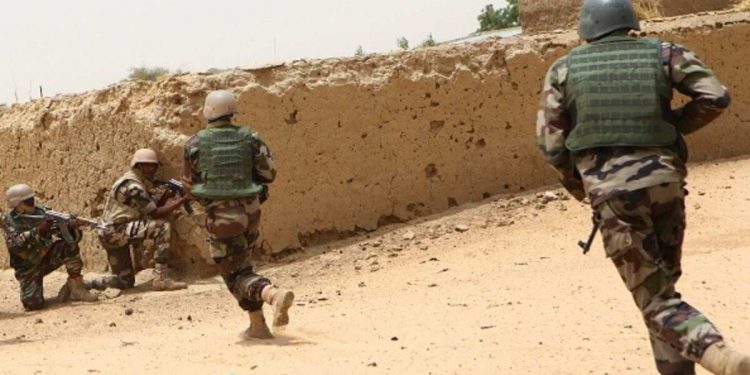Mali is grappling with an unprecedented security crisis as terrorist attacks surge across the country, revealing the military junta’s struggle to control the growing threats. Once seen as a stabilizing force, the ruling military leaders are now overwhelmed as jihadist groups, notably the Group for the Support of Islam and Muslims (JNIM), tighten their grip on the capital, Bamako.
In just one week, 16 attacks have been recorded throughout Mali. JNIM, an al-Qaeda-affiliated group, has orchestrated coordinated assaults across several regions: one in Kidal, two in Ségou, one in Sikasso, six on key routes leading to Bamako, and five in southern Mali on March 25, targeting Tamani, Baraouéli, Sonbougou, Doura, Keleya, and Diola. These attacks mark a sharp escalation in violence, especially in the south, which had long been considered a safe haven.
Bamako, the political and economic hub of Mali, is becoming increasingly vulnerable. In the past week, all major highways leading to the capital have been attacked, with some roads entirely cut off. Growing fear is evident, and government officials are reportedly reluctant to travel beyond 100 kilometers from the capital due to the deteriorating security situation.
Intercommunal violence has further exacerbated the crisis. In Ouélessébougou, a Fulani village was set on fire by an angry mob, highlighting the rising ethnic tensions that the government seems unable or unwilling to resolve.
In Kidal, heavy gunfire has been reported, but the reasons remain unclear. Meanwhile, in Baraouéli and Tamani, local gendarmerie stations have come under sustained assault by the Katiba Macina, a subgroup of JNIM. The once-stable southern region has now turned into a battleground, with armed groups operating with growing confidence, sowing fear among local populations.









